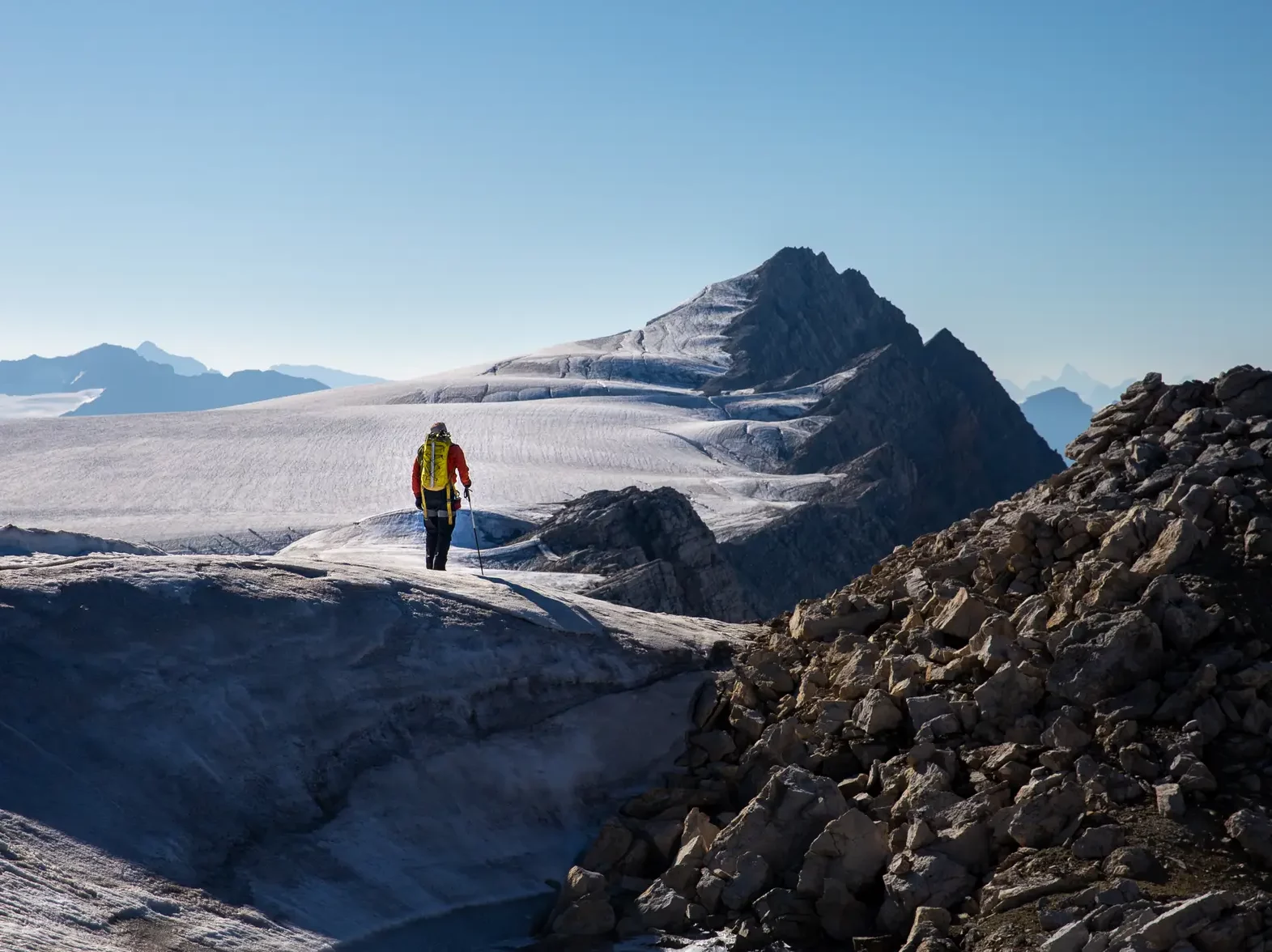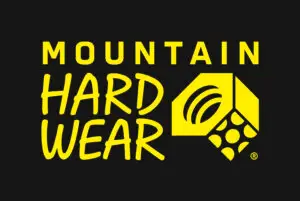
We appreciate that the lands known today as Canada are home to the enduring presence of all First Nations, Métis, and Inuit peoples and we acknowledge the past, present, and future generations of these Nations who continue to lead us in stewarding this land, as well as honour their knowledge and cultural ties to this place. The Hatteras Group is located on the Traditional Lands of the Secwepemc, Stoney, Ktunaxa, and Confederated Tribes of the Colville Reservation.

This trip is unguided.

* Camps are subject to minimum enrollment in order to run.

Risks include but are not limited to: Cornices and crevasses. Trees, tree wells, and tree stumps. Cliffs, creeks, rocks and boulders. Holes and depressions below the snow surface. Variable and difficult snow conditions. Snowcat roads and road ranks. Fences and other man-made structures. Impact or collision with other persons, vehicles or objects. Encounters with domestic or wild animals. Loss of balance or control. Becoming lost or separated from the group. Slips, trips, and falls.
Risks include but are not limited to: Slips trips and falls indoor or outdoor. Equipment failure. Infectious disease contracted through viruses, bacteria, parasites, and fungi which may be transmitted through direct or indirect contact. Negligence of other persons, including other guests. Negligent first aid. Negligence of the guide Including failure to take reasonable steps to safeguard or protect you from, or warn you of risk, dangers, hazards, on participating in ACC activities
Risks include but are not limited to: Rockfall and icefall can be caused by natural forces or by people travelling through the terrain (e.g. climbing/scrambling/hiking)
Risks include but are not limited to: Mountaineering and ice climbing present the risk of falling from the wall causing the climber to collide with the wall or ground which can lead to injury or death. The risk of a belay failure is also present which can contribute to a ground fall.
Risks include but are not limited to: Communication can be difficult and in the event of an accident, rescue and treatment may not be available. Adverse weather may also delay the arrival of treatment and transport out of the field. If an Injury occurs in challenging terrain movement to an evacuation point may be slow.

We appreciate that the lands known today as Canada are home to the enduring presence of all First Nations and Métis people, and the Inuit and we acknowledge the past, present, and future generations of these Nations who continue to lead us in stewarding this land, as well as honour their knowledge and cultural ties to this place. The Alpine Club of Canada’s head office is located in the traditional lands of Treaty 7, which is comprised of the Stoney Nakoda Nations of Wesley, Chiniki, and Bearspaw; three Nations of the Blackfoot Confederacy: the Piikani, Kainai, and Siksika; the Mountain Cree; and the Tsuu T’ina of the Dene people. This territory is also shared with the Métis Nation of Alberta, Region III. Before the signing of Treaty 7, and prior to the establishment of provincial boundaries, this region was also used by the Ktunaxa and the Maskwacis people.
General Inquiries
Phone: 403-678-3200
Email: [email protected]
201 Indian Flats Rd.
PO Box 8040 Main St, Canmore, AB, T1W 2T8, Canada
Office Hours: Monday – Friday, 9am – 5pm
The Alpine Club of Canada is a registered Amateur Athletic Association and a registered Canadian charity (Registration No: 10670 4182 RR0001). The ACC’s US Foundation can accept charitable donations from donors living in the United States. We will issue a charitable tax receipt for eligible donations of $20 or more.